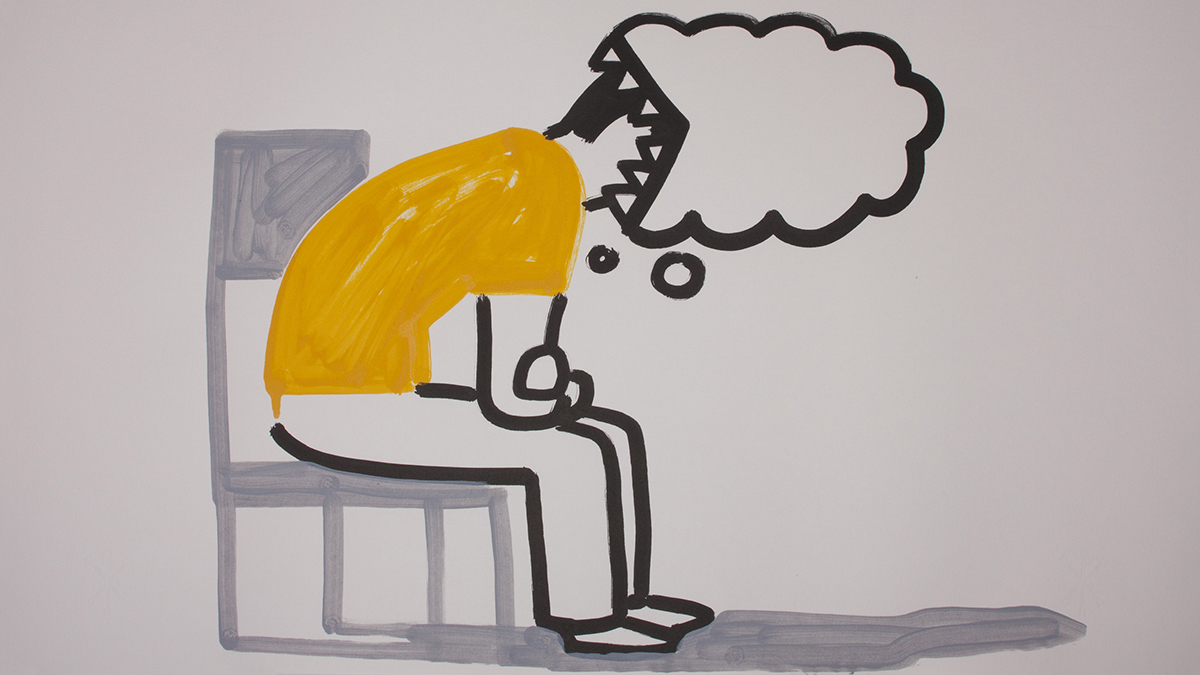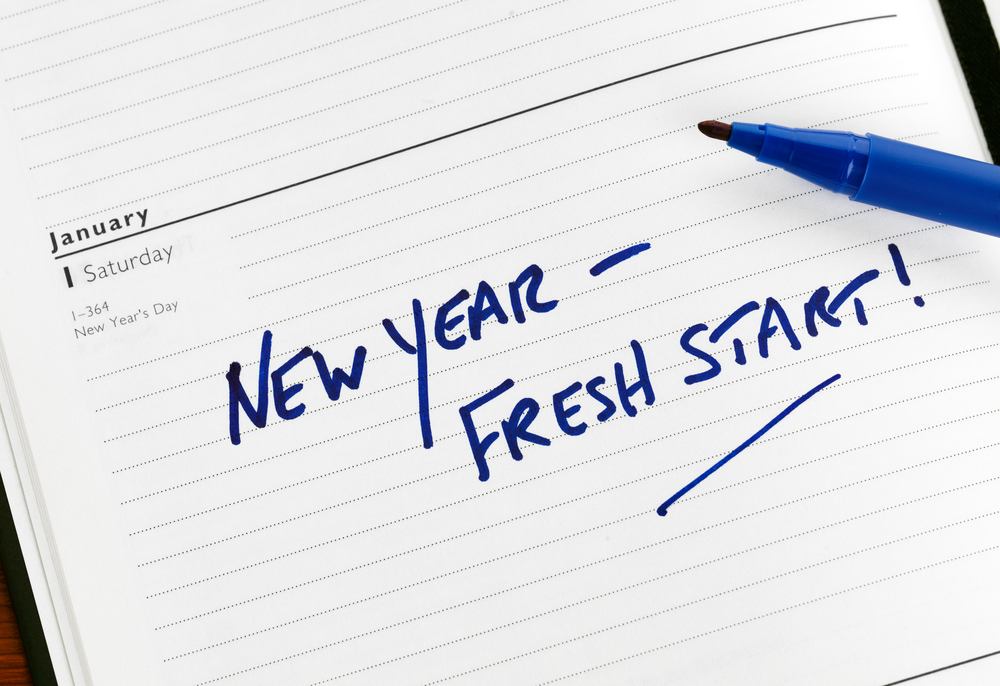What are you curious about right now? What frame of reference are you currently using to interpret the world?
To understand what I’m asking, think about what you would notice in an outdoor plaza on a busy summer day.
Would you notice the art installments? What about the strip of grass that is dead because everyone cuts across it? Would you notice the names and logos of the stores or the types of businesses that are operating?
What about the people? Would you notice the homeless person on the corner? The books that people are reading? Or would your focus be trained on the clothes that people are wearing?
At any given moment, the things you are curious about frame the way you see everything. If you’re starting a business, you would probably notice the businesses. If you are an aspiring artist, you would notice the art. If you love to skateboard, you would notice which rails don’t have knots on them.
For the lifelong learner, every day presents itself with an infinite amount of opportunities. Way too many, in fact, to focus on more than even a few at at time. This presents somewhat of a quandary.
Though a common mantra for success is “Don’t quit,” that may not always be the best advice. For years I felt bad about quitting, even if I hated something. I thought quitting was the easy way out, and that if I quit, I wasn’t pushing myself hard enough. I once spent two years too long in a job that I hated, and I became quite apathetic to progression in general because of that. It took awhile to get back on my feet, but from that, I learned that quitting is often necessary for progression.
Rotating Curiosity
My curiosities and interests are constantly changing. The things I train my focus on today are not the same things that I trained my focus on a year ago. I like to call this phenomenon, rotating curiosity.
My curiosities rotate every six months or so, which makes things difficult as I make education and career decisions. One minute I feel like I’ve found my dream major or job, then six months later it no longer holds my interest. At that point I try to wring out every last drop of curiosity I have left, because I feel like something is wrong with me. How do I go from all-in to all-out in such a short time?
Though rotating curiosity has caused me some struggle in life, I wouldn’t change a thing. I have learned so many different things because of it. Honestly, I think it’s in everyone’s best interest to have at least a mild case of rotating curiosity. In fact, the winningest player on Jeopardy! encourages it.
During one of my many phases of curiosity back in 2013, I decided I was going to learn more about the human condition and talk to a stranger every day for a year (if I were in a plaza then, my focus would have been trained on the homeless person). I used an app called Lift (now coach.me) to log my daily interactions and to help establish the habit.
While I was using the app, a girl named Karen Cheng was also using it to help her learn to dance. She made a pretty rad videom about it. Fast forward a few years, I came across another Karen Cheng video that reminded me of her original dance video. I wanted to interview her about how she she taught herself to dance to see if I could glean some insights for a blog post about self-taught learning. However, after I talked with her for a few minutes, it became very apparent that Karen also lives with rotating curiosity. Karen is no longer as interested in dance. She now runs a consulting company where she creates viral videos. Her client list is pretty impressive.
So here are the six most vital things I learned in my interview with Karen about self-taught learning, curiosity, finding success and knowing when to quit.
Feed your hunger
It was a long time before Karen actually jumped in and decided to learn to dance. She says, “I wanted to learn how to dance for a long time, but I just didn’t think I would ever be able to get that good. But I always had a nagging feeling.”
Karen refers to this nagging feeling on her website as a hunger. “If I didn’t have this raw hunger, there’s no way I would’ve had the discipline to practice every day.” Once Karen finally decided to feed that hunger, it grew into an obsession so strong that dancing became her life. Her doubts could no longer control her.
If you don’t love it, quit
Since Karen is no longer obsessed with dance, I was curious what her thoughts were on pushing through something once the newness of learning has worn off. Her response was straightforward and powerful, “Here’s what I do: I just quit, and I learn something else. It’s worn off for dancing, and now I’m doing video editing.”
It makes sense. Why waste time pursuing something if you don’t enjoy it anymore? Lots of professional athletes use that logic to decide when they retire. There are so many other things out there you could be learning that bring you more joy.
When I pushed further and asked how long Karen thought she would be curious about video editing, her response was, “Everything is temporary. I think it will hold my interest for awhile. It’s like 20 arts combined into one. Getting better at editing, and copywriting, and camera and lighting and marketing . . . It will take me longer to get tired of this than others.”
Karen also shed some light on career possibilities for those of us who suffer from rotating curiosity. “Every job, after 6–9 months, I get tired of it. So am I doomed? For my life? Getting jobs every year? That’s not feasible. Then I started my own business consulting, and I run my own agency now. What’s great about it is that I don’t have a job that I show up to everyday. I have clients that change day by day and month by month. It’s always new projects. And I can change the nature of what I’m offering. I have finally — after many years — figured out a way to find a career that works for this novelty seeking personality type.”
Track your progress
Karen tracked her progress extensively. As she learned to dance, she recorded herself on video so she could watch the video over and over to identify where she still needed to improve. She also kept an intense dance journal so she knew how long she had practiced and what she still needed to work on.
Though Karen no longer tracks her dancing, she still keeps track of everything she does. “I have a lot of spreadsheets. I like to see progress. By tracking it, you can understand how you’re progressing. I track how much time I’m putting into projects.”
She even tracks things like her sugar consumption. “I was hopelessly addicted to sugar, and I didn’t want to give it up because I want to still enjoy my life. But I wanted to have less of it. And I don’t do well with hard rules like, ‘you can only have X on Y days.’”
So Karen began tracking her sugar consumption, “I had to take a picture of every dessert that I ate, and I put it in a Photo 365 calendar. . . . What gets measured gets improved.” If she saw that she had eaten seven desserts in seven days, she knew to slow it down on the eighth day. And after three months, she kicked her habit!
“That has been really effective. So effective that now I feel like I’m no longer addicted to sugar. I’ve actually just recently stopped using the calendar. I don’t need it anymore. But it was such a useful tool for the three months when I was using it.”
Coach yourself
When Karen was learning to dance, she learned to effectively coach herself. That got me curious about how she was able to be an effective coach. It seems like a difficult challenge. For example, I have no idea how to dance, and I couldn’t tell you what I need to do to get better. I just don’t have that understanding of the mechanics of dance. I don’t have the skills to coach myself on those things.
I asked Karen about that. At first, Karen wasn’t the best coach. She just learned to imitate dancers from videos on YouTube. She began looking at every part of the body individually, comparing small pieces of her dances to people like Michael Jackson.
Then she began to notice how physiological differences in male and female dancers made certain moves look better or worse. Eventually, she took a ballet class because she wanted to create her own style, a more elegant style of popping and robot dancing. That is a decision that took her two years to realize. Coaching yourself takes time, but if you’re dedicated, it will pay off.
Learn from the best
Karen did everything she could think of to learn how to dance. She went to classes, talked to teachers she really liked, asked for private lessons, watched YouTube videos and practiced everywhere. When I asked her what her favorite way to learn something new is, she said, “I usually find the best person that I can find and ask them to teach me. . . . The fastest way to get good at anything is to find someone who’s really really good at it and learn from them” (Check out how Degreed’s Ryan Baylis is putting this philosophy to work).
Don’t get caught up in career ladders
The last thing I asked Karen was, “What is the most valuable lesson you’ve learned from your experiences? I’ll let her take it from here.
“The most valuable lesson that I’ve learned is not to worry about career ladders. There’s an old-school analogy that we buy into, which is that you pick a major and then you go on that ladder, and you climb that career ladder, and you try to get up as high as possible. That is what makes the idea of switching careers so daunting. You look at the next ladder over and think about starting at the bottom of that ladder. I have changed careers four times now.”
“What I’ve discovered is that you don’t start from the bottom at all. Instead of thinking of it as a career ladder, think of it as a jetpack of skills. You go around and you collect a bunch of skills, and put them in your jetpack. As you learn more skills your jetpack gets stronger, and when you change careers you bring to it a lot of skills that you learned from your previous one. Like I’m in film now and I had a previous career as a designer, that definitely comes in handy. I previously had a career as a project manager, that really helps with coordinating film crews. I previously had a career as a CEO of a tech startup, now I know a lot of tech startups that are my clients. Each of my past careers help in a very significant way with my current one. In a way, if I’d have gone to film school, I wouldn’t have all these advantages.”
Source: Medium









